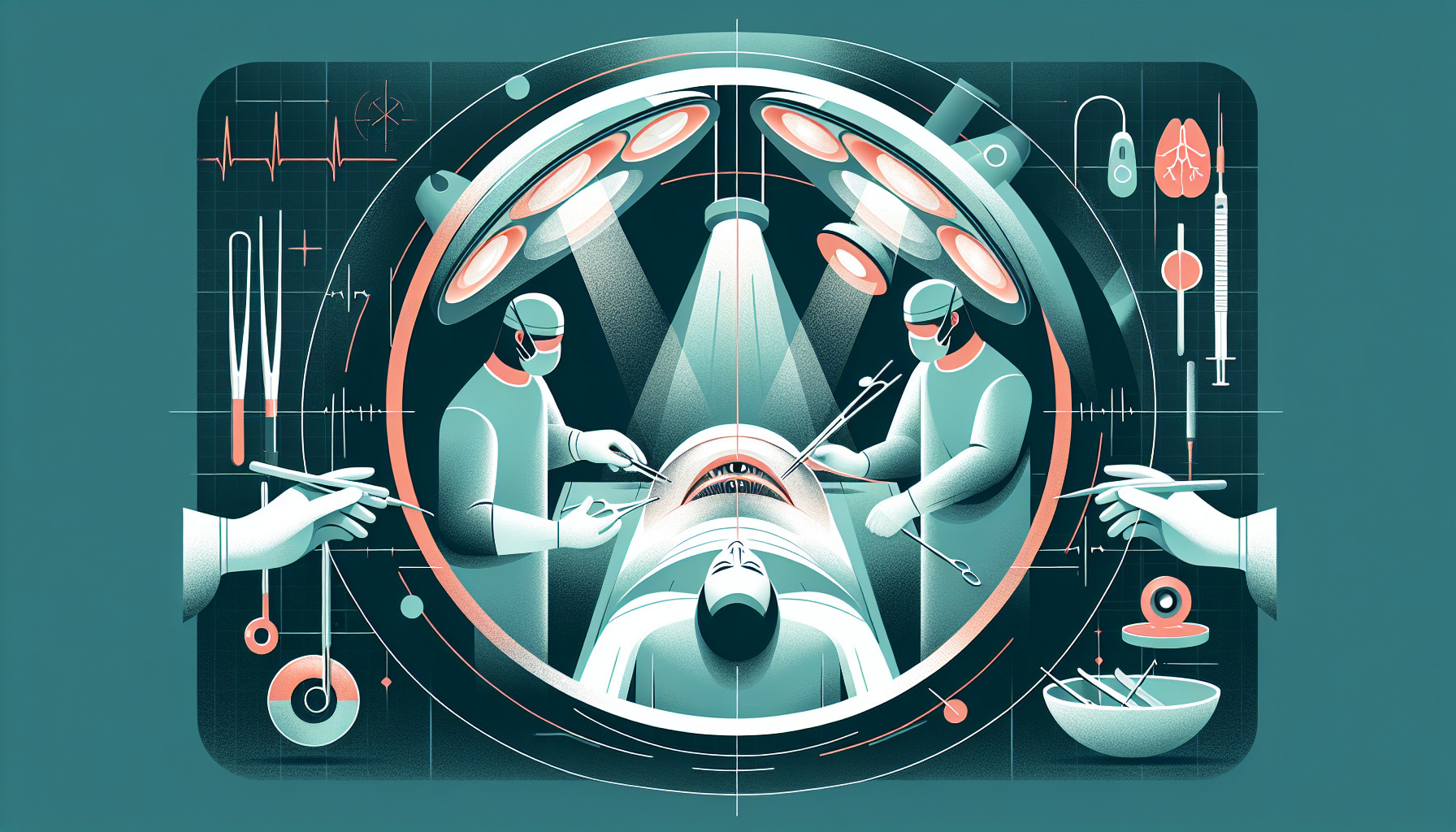Our Summary
This research paper discusses the growing number of people experiencing dry eye disease (DED) symptoms, partly due to increased life expectancy which results in more people getting cataract surgery. DED, which is quite common and can worsen after surgery, can cause issues in calculating the power of the intraocular lens (IOL) that is used in cataract surgery. This can hinder the patient’s vision and comfort post-surgery, leading to dissatisfaction for both the patient and the surgeon.
Because of these potential issues, the researchers stress the importance of assessing all cataract surgery patients for DED before the procedure to minimize these risks. They suggest a three-tier strategy for screening DED, which depends on a patient’s history. They also provide a summary of key clinical points to consider before, during, and after cataract surgery in patients with DED.
FAQs
- What is the connection between dry eye disease (DED) and cataract surgery?
- How can DED impact the result of cataract surgery?
- What is the suggested strategy for screening DED in patients undergoing cataract surgery?
Doctor’s Tip
One helpful tip a doctor might tell a patient about cataract surgery is to make sure to discuss any symptoms of dry eye disease they may be experiencing before the surgery. This can help the surgeon determine the best course of action to minimize any potential complications and ensure a successful outcome. Additionally, patients should follow any post-operative care instructions provided by their doctor to promote proper healing and optimal vision results.
Suitable For
Patients who are typically recommended for cataract surgery include those with significant vision impairment due to cataracts, difficulty with daily activities such as driving or reading, and those experiencing glare or halos around lights. Older adults are more likely to develop cataracts, so they make up a large portion of patients recommended for surgery. Additionally, patients with other eye conditions such as glaucoma or macular degeneration may also be recommended for cataract surgery to improve their overall vision and quality of life.
Timeline
Before cataract surgery:
- Patient experiences symptoms of cataracts such as blurry vision, glare, and difficulty seeing at night
- Patient undergoes a comprehensive eye examination to determine the severity of the cataracts and assess their overall eye health
- If deemed a candidate for surgery, patient discusses treatment options with their ophthalmologist and decides on the best course of action
After cataract surgery:
- Patient undergoes a recovery period where they may experience temporary discomfort, light sensitivity, and blurry vision
- Over time, the eye heals and vision gradually improves as the brain adjusts to the new lens
- Patient may still experience dry eye symptoms post-surgery, which can affect their overall comfort and visual outcomes
- Regular follow-up appointments with the ophthalmologist are necessary to monitor the healing process and address any concerns or complications
Overall, cataract surgery can significantly improve a patient’s vision and quality of life, but it is important to address any underlying issues such as dry eye disease to ensure optimal outcomes.
What to Ask Your Doctor
What are the potential risks and complications associated with cataract surgery, particularly in patients with dry eye disease?
How will my dry eye disease be managed before, during, and after cataract surgery to optimize my visual outcomes and comfort?
Will my dry eye disease impact the type of intraocular lens (IOL) that is recommended for me? How will this be taken into consideration during the surgical planning process?
What steps will be taken to ensure that my dry eye symptoms are adequately addressed during the post-operative period to minimize discomfort and potential complications?
How frequently will I need to follow up with my ophthalmologist after cataract surgery, especially in relation to managing my dry eye disease?
Are there any specific pre-operative measures that I should take to optimize my dry eye symptoms before undergoing cataract surgery?
How will my dry eye disease impact my visual recovery process following cataract surgery, and what can I expect in terms of my overall visual acuity and comfort in the weeks and months after the procedure?
Reference
Authors: Labetoulle M, Rousseau A, Baudouin C. Journal: J Fr Ophtalmol. 2019 Oct;42(8):907-912. doi: 10.1016/j.jfo.2019.03.032. Epub 2019 Jul 24. PMID: 31351686
